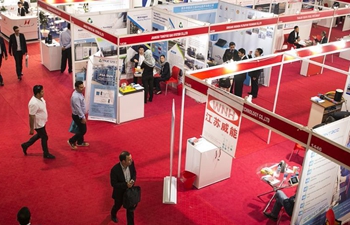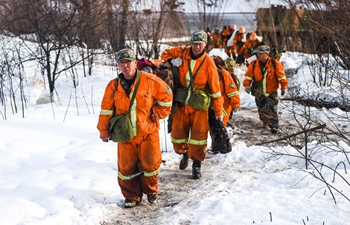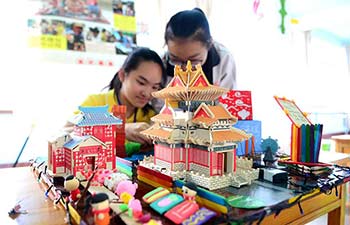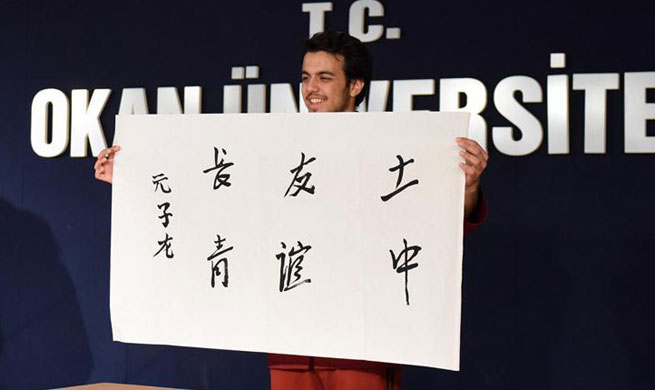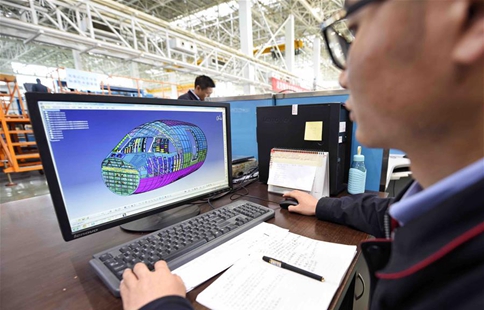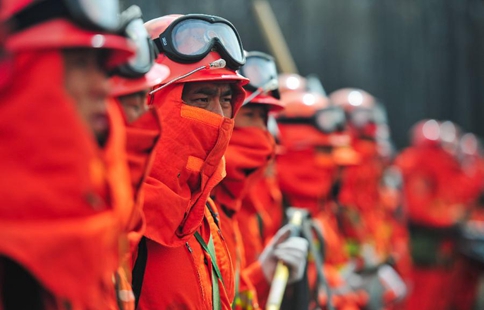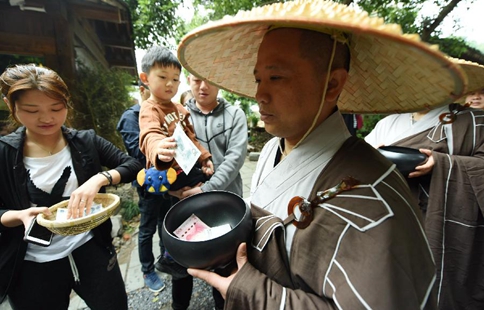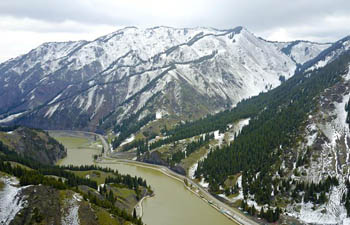by Xinhua Writers Li Ming, Wang Naishui
NEW YORK, May 6 (Xinhua) -- The Belt and Road Initiative is extremely attractive because it brings cooperation between countries along its routes to a new level, a senior official of an international transport organization has said.
The initiative "combines many directions, from investments in infrastructure to people-to-people exchanges. It's really a comprehensive approach to re-establish Asia's Silk Road," Igor Runov, head of the International Road Transport Union (IRU)' s permanent delegation to the United Nations, told Xinhua in a recent interview.
Proposed by China in 2013, the Belt and Road Initiative comprises the Silk Road Economic Belt and the 21st Century Maritime Silk Road, aiming to build a trade and infrastructure network connecting Asia, Africa and Europe along ancient trade routes.
"What also makes the initiative attractive is that it's based on a very rich tradition that the Silk Road had existed for thousands of years before it stopped about 600 years ago for many reasons," said Runov, who also serves as the executive secretary of Global Partnership for Sustainable Transport, an initiative focusing on the implementation of the UN sustainable development goals (SDGs) and the recommendations of the UN Secretary General's High-level Advisory Group on Sustainable Transport.
"Now it is really time to re-establish (the tradition)," he added.
Over the past four years, the Belt and Road Initiative has won support from over 100 countries and international organizations, with nearly 50 cooperation agreements signed, official data shows.
Runov attributes such a success to the initiative's inclusiveness and openness.
"What's important is that it's not limited to the government activities, but also includes civil society businesses," said the top IRU official, who believes that it is the idea of "public-private partnership" behind the initiative that makes it powerful.
Runov speaks highly of such financing mechanisms as the Silk Road Fund and the Asian Infrastructure Investment Bank which work to support the initiative, describing them as "very appropriate" and "innovative."
He also suggested participants of the initiative implement other mechanisms such as green-financing so as to sustain future development.
"We need to make sure that investment in infrastructure doesn't lead to deterioration of environment and climate," he said.
On May 14-15, Beijing will host the Belt and Road Forum for International Cooperation which is a high-profile international meeting designed to pool more consensus.
Runov, who has been invited to speak at the forum, said the meeting is a great opportunity for the international community to know more about the initiative and find more solutions to its implementation.
"Such conferences should be staged in different regions and different countries to promote the ideology and wisdom behind the concept," he said.






